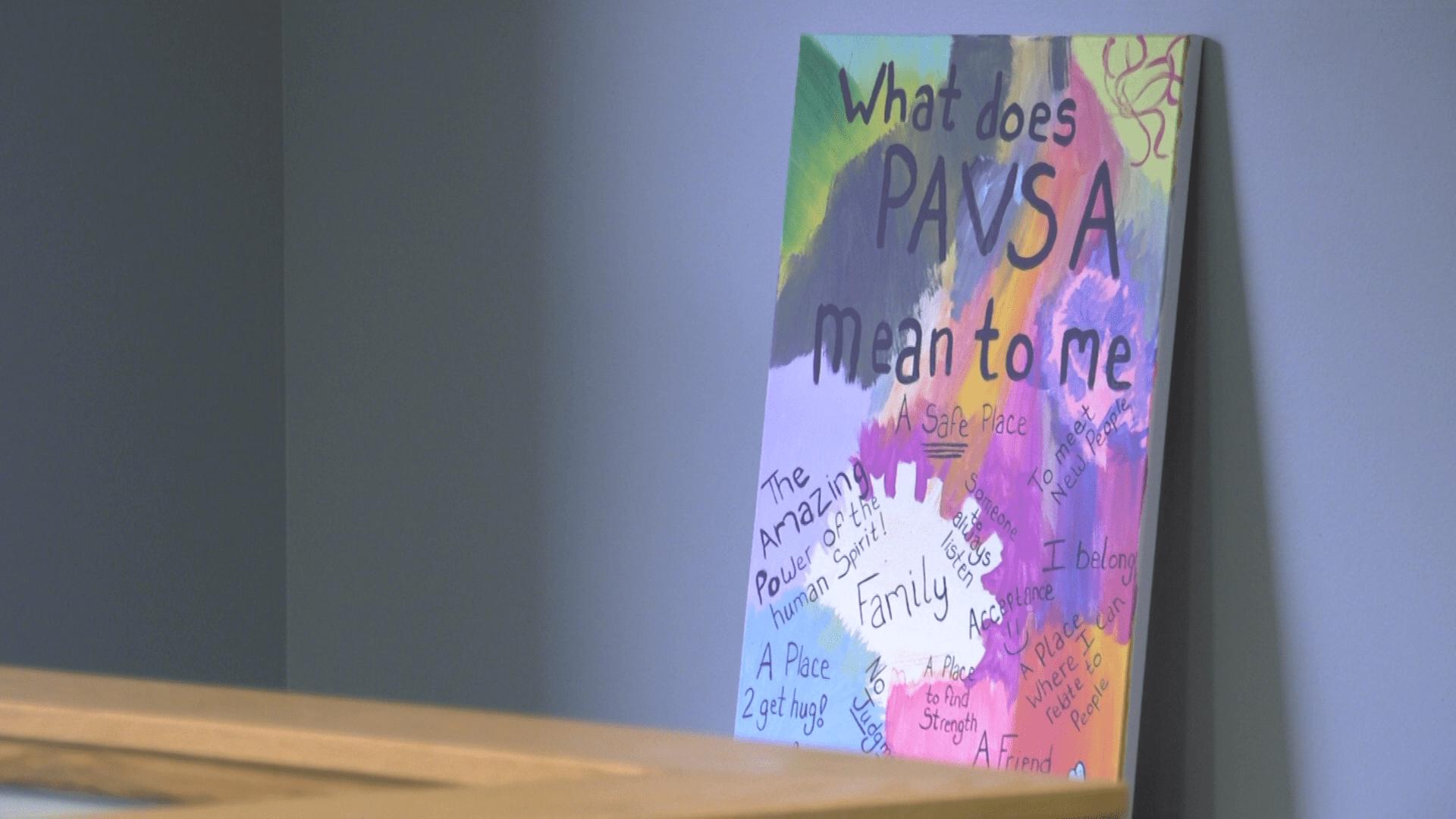PAVSA: Supporting, educating, and advocating for victims of sexual violence
[anvplayer video=”5149434″ station=”998130″]
Sexual Violence. These words permeate across every membrane of our society. The issue of sexual harassment and sexual violence is one that remains in the dark underbelly of society. As the conversation has spread and deepened, it’s rapidly become clear that not everybody is prepared to talk about the deeply complex issue. Not survivors, nor bystanders, or family nor friends. However the seeds of understanding, healing and meaningful change start with a conversation. Sam Madsen is a sexual assault nurse Examiner (SANE) program coordinator. She coordinates a special group of forensic nurses whom help survivors deal with sexual assault.
“Doing this work is really difficult. You’re with someone, some of the worst moments of their life and are maybe confused and unsure of what they want to do. And when our nurses respond, they’re there for that patient only. So they spend one on one time with the patient for hours through the course of that exam,” explains Madsen.
“I think what I hear consistently from our team is that they take a lot of pride in supporting survivors and being there, helping to restore that sense of control, being able to provide really accurate and helpful information for someone who is maybe, you know, unsure of what’s happened or has questions about what’s happened to their body and what that ramification might look like for them,” she continues.
When conversation is able to open up about sexual assault, and harassment and all forms of sexual violence, it can make survivors feel less alone. And it helps raise public awareness of the extent of the problem.
“I think, first and foremost, start by believing if someone is sharing their experience of sexual violence with you, it’s because they trust you or want to tell you that. And believing them from the get go is really important. You know, validating and normalizing that what happened wasn’t their fault and that you’re a support person for them and you might not always know the right things to say or do, but you’re there when they need you,” says Madsen.

PAVSA (WDIO)
If you or anyone you know is looking for help visit: www. pavsa.org
As well as call their 24-Hour Helpline at: 218-726-1931